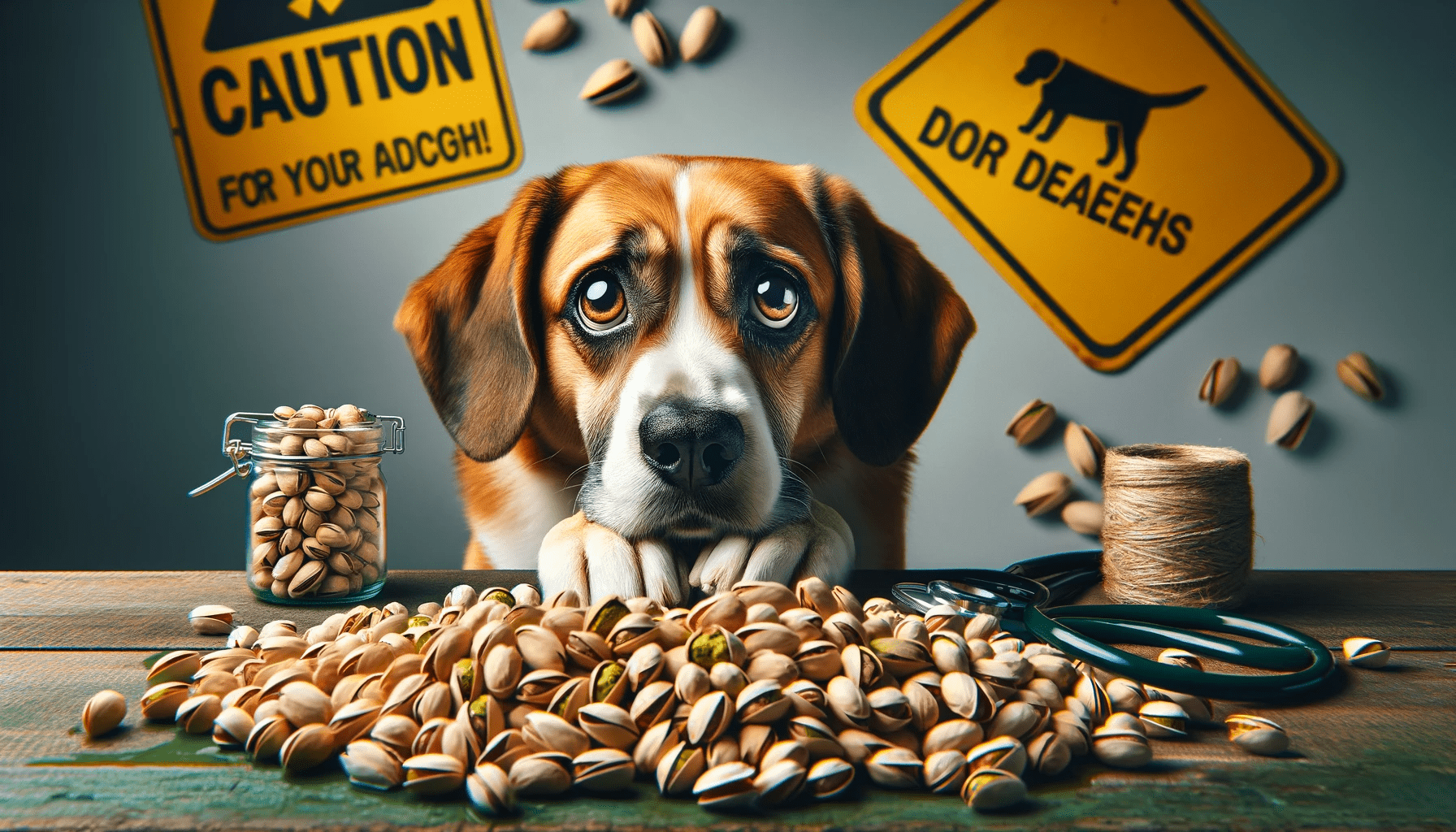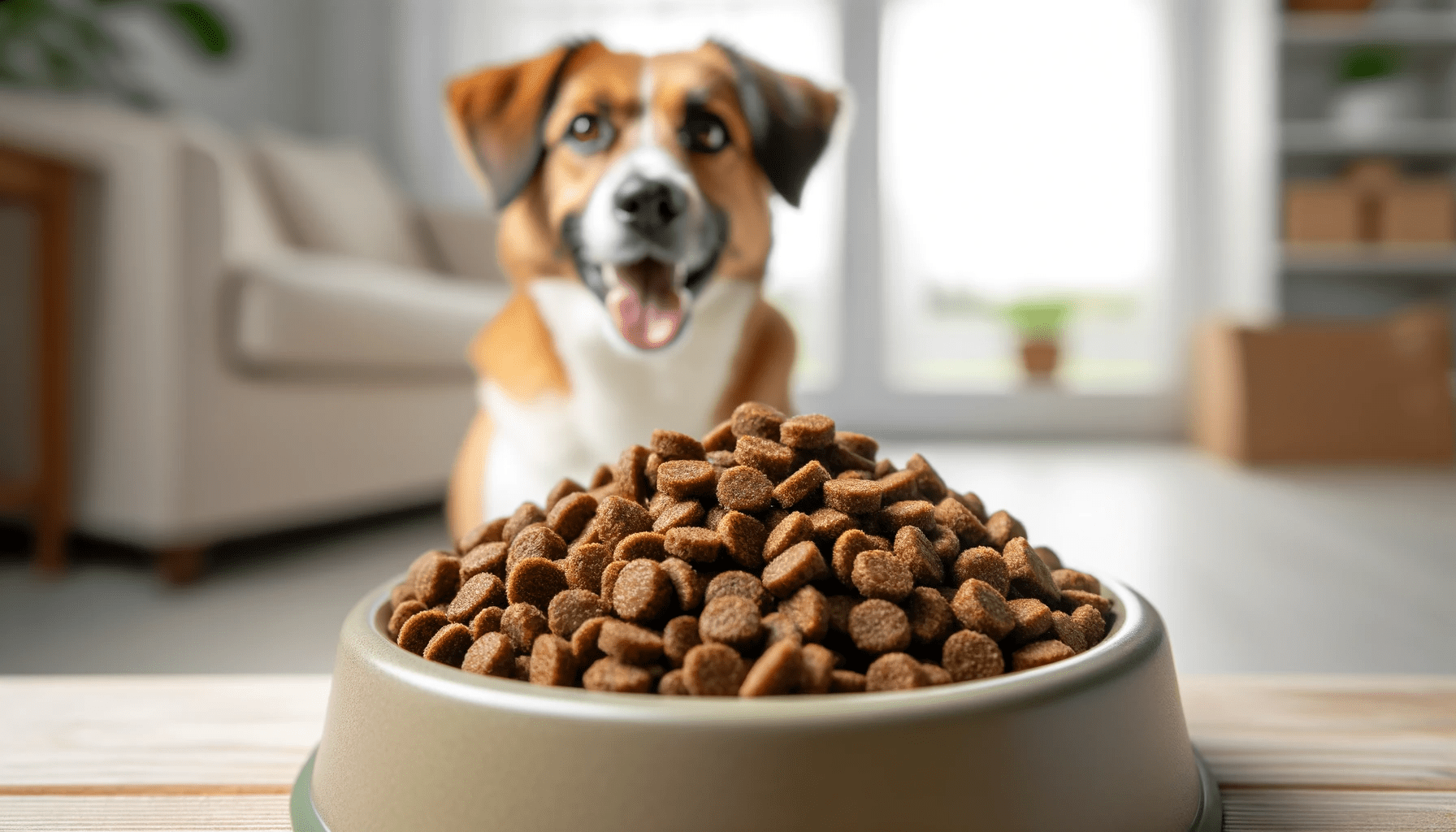Are you looking to provide the best nutrition for your senior dog?
In this article, we'll discuss key considerations for senior dog nutrition. As your furry friend ages, their metabolism changes, and their nutritional needs evolve.
We'll explore the importance of high-quality protein, essential fatty acids for joint health, managing weight, digestive health, dental care, and special considerations for specific health conditions.
Stay informed and ensure your senior dog stays healthy and happy with these essential tips.
Key Takeaways
- Senior dogs have a decrease in metabolic rate, requiring adjustments to their diet to accommodate changing metabolic needs.
- High-quality protein is essential for senior dogs to support muscle maintenance and repair, healthy skin and coat, and a strong immune system.
- Essential fatty acids, such as omega-3 and omega-6, promote joint health by reducing inflammation, protecting cartilage, and enhancing joint lubrication.
- Managing weight and body condition through balanced and portion-controlled diets, regular exercise, and prevention of obesity-related health issues is crucial for senior dogs' overall well-being.
Age-Related Changes in Metabolism
As your dog ages, their metabolism undergoes significant changes. Age-related changes in metabolism can have a profound impact on your senior dog's overall health and well-being. One of the primary changes is a decrease in metabolic rate. This means that your dog's body will burn calories at a slower pace than when they were younger.
The decrease in metabolic rate is a natural part of the aging process. It's important to understand that this change isn't something that can be reversed or prevented entirely. However, there are steps you can take to help support your dog's metabolism as they age.
First and foremost, it's crucial to adjust your senior dog's diet to accommodate their changing metabolic needs. Senior dog food formulas are specifically designed to provide the right balance of nutrients while accounting for the decrease in metabolic rate. These formulas are often lower in calories and higher in fiber, which helps to maintain a healthy weight.
Additionally, regular exercise is essential for supporting your senior dog's metabolism. Engaging in activities that promote muscle strength and flexibility can help maintain a healthy metabolic rate. Consult with your veterinarian to determine an appropriate exercise plan for your aging dog.
Nutritional Requirements for Senior Dogs
How do you meet the nutritional requirements of your senior dog? As dogs age, their nutritional needs change, requiring adjustments to their diet to ensure they stay healthy and happy. Here are some key considerations to keep in mind when it comes to meeting the nutritional requirements of your senior dog:
- Age-related changes: As dogs get older, their metabolism slows down, making it important to provide them with a balanced diet that supports their changing needs. This may include lower calorie content to prevent weight gain and higher protein levels to maintain muscle mass.
- Dental care: Older dogs may experience dental problems, such as tooth loss or gum disease, which can affect their ability to chew and digest food. Providing them with soft or moist food can make it easier for them to eat and ensure they get the nutrients they need.
- Joint health: Senior dogs are more prone to joint issues like arthritis. Feeding them a diet rich in omega-3 fatty acids, glucosamine, and chondroitin sulfate can help support their joint health and reduce inflammation.
- Regular check-ups: It's important to consult with your veterinarian to assess your senior dog's nutritional needs. Regular check-ups can help identify any specific dietary requirements or health conditions that may necessitate adjustments to their diet.
Importance of High-Quality Protein
To meet the nutritional requirements of your senior dog, it's crucial to provide them with a diet that includes a sufficient amount of high-quality protein. Senior dogs have specific protein needs that differ from those of younger dogs. As dogs age, their bodies undergo changes, including a decrease in muscle mass and a decline in metabolic rate. This means that senior dogs require higher protein levels to maintain their overall health and well-being.
High-quality protein offers several benefits for senior dogs. Firstly, it helps support muscle maintenance and repair, which is especially important for older dogs who may experience muscle loss due to aging or other health conditions. Protein also plays a vital role in maintaining healthy skin and coat, as well as supporting the immune system. Additionally, protein provides the necessary amino acids for cell growth, repair, and maintenance.
When selecting a high-quality protein source for your senior dog, opt for animal-based proteins such as chicken, turkey, beef, or fish. These proteins are rich in essential amino acids and are highly digestible, ensuring optimal nutrient absorption. Avoid protein sources that are primarily plant-based, as they may not provide the same level of amino acids and can be harder for your senior dog to digest.
Essential Fatty Acids for Joint Health
Include omega-3 and omega-6 fatty acids in your senior dog's diet to promote joint health. These essential fatty acids play a crucial role in maintaining healthy joints and reducing inflammation. Here are four reasons why joint supplements containing omega-3 fatty acids are essential for your senior dog:
- Decreased inflammation: Omega-3 fatty acids have anti-inflammatory properties, which can help alleviate joint pain and stiffness in senior dogs. By reducing inflammation, these fatty acids can improve mobility and overall comfort.
- Cartilage protection: Omega-3 fatty acids help protect and maintain the cartilage in your dog's joints. This is especially important for senior dogs, as cartilage naturally deteriorates with age. By supplementing their diet with omega-3 fatty acids, you can support joint health and slow down the progression of joint diseases.
- Improved joint lubrication: Omega-3 fatty acids help enhance joint lubrication, reducing friction between the bones and promoting smooth movement. This can help prevent wear and tear on the joints, reducing the risk of joint-related issues in senior dogs.
- Overall joint support: Omega-3 fatty acids are essential for the overall health and function of your senior dog's joints. By including these fatty acids in their diet, you can provide the necessary support to maintain joint mobility and flexibility.
Incorporating joint supplements that contain omega-3 fatty acids into your senior dog's diet is a proactive step to ensure their joint health and overall well-being in their golden years.
Managing Weight and Body Condition
Ensure your senior dog maintains a healthy weight and body condition by monitoring their diet and exercise. Managing weight and body condition is crucial for the overall health and well-being of your senior dog. As dogs age, their metabolism slows down, making it easier for them to gain weight. Excess weight can lead to various health problems such as arthritis, heart disease, and diabetes.
To manage your dog's weight, it's important to provide them with a balanced and portion-controlled diet. Consult with your veterinarian to determine the appropriate amount of food based on your dog's age, breed, and activity level.
Additionally, regular exercise is essential to help your dog maintain a healthy weight. Take your senior dog for daily walks or engage in low-impact activities like swimming. Regular exercise not only helps burn calories but also promotes muscle tone and joint flexibility.
Monitoring your dog's weight and body condition is crucial for their overall health and longevity. By ensuring they maintain a healthy weight through proper diet and exercise, you can help prevent obesity-related health issues and improve their quality of life.
Digestive Health and Fiber Intake
Now let's talk about the importance of dietary fiber and managing digestive issues in senior dogs.
As your dog ages, their digestive system may become more sensitive, leading to issues such as constipation or diarrhea.
Including an appropriate amount of fiber in their diet can help regulate their bowel movements and promote a healthy digestive system.
Importance of Dietary Fiber
Adequate dietary fiber plays a crucial role in maintaining your senior dog's digestive health and supporting proper fiber intake. Here are four reasons why dietary fiber is important for your senior dog:
- Improved Digestion: Fiber types such as insoluble fiber help promote regular bowel movements and prevent constipation, keeping your dog's digestive system healthy and functioning optimally.
- Weight Management: Adequate fiber intake can help your senior dog feel full without consuming excessive calories, which is essential for maintaining a healthy weight and preventing obesity-related issues.
- Blood Sugar Regulation: Certain fiber types, like soluble fiber, can slow down the absorption of glucose, helping to regulate blood sugar levels in senior dogs with diabetes or age-related insulin resistance.
- Colon Health: Fiber acts as a prebiotic, nourishing the beneficial bacteria in your dog's gut. This promotes a healthy colon and reduces the risk of gastrointestinal issues such as inflammation and colitis.
Ensuring your senior dog receives the recommended intake of dietary fiber is vital for their overall well-being and digestive health.
Managing Digestive Issues
Improving your senior dog's digestive health and fiber intake is essential for managing digestive issues effectively.
When it comes to managing diarrhea in senior dogs, it's important to identify the underlying cause. It could be due to a change in diet, food sensitivities, or an underlying health condition.
To address food sensitivities, consider switching to a limited ingredient diet that eliminates common allergens such as wheat, soy, and corn.
Additionally, incorporating more fiber into your senior dog's diet can help regulate their bowel movements and improve their overall digestive health. Fiber acts as a natural bulking agent, adding bulk to the stool and promoting regularity.
It's best to consult with your veterinarian to determine the appropriate fiber intake for your senior dog and to discuss any potential dietary changes.
Dental Care and Oral Health
To maintain your senior dog's overall health and well-being, it's important to prioritize dental care and oral health. Just like humans, dogs can experience dental issues as they age, such as tooth decay and gum disease. Neglecting your dog's oral health can lead to pain, discomfort, and even more serious health problems.
Here are four key considerations for ensuring your senior dog's dental care:
- Regular Brushing: Brushing your dog's teeth at least two to three times a week can help remove plaque and prevent tartar buildup, reducing the risk of tooth decay and gum disease.
- Dental Chews and Toys: Providing your senior dog with dental chews and toys can help promote dental health by reducing plaque and tartar buildup, while also keeping them entertained.
- Professional Dental Cleanings: Regular visits to the veterinarian for professional dental cleanings are essential for maintaining your dog's oral health. These cleanings involve a thorough examination and the removal of plaque and tartar that can't be addressed through regular brushing.
- Proper Nutrition: Feeding your senior dog a balanced diet that includes dental-friendly ingredients can support their oral health. Look for dog food formulated to promote dental health, such as those with added enzymes or kibble designed to help clean teeth.
Special Considerations for Specific Health Conditions
If your senior dog has specific health conditions, there are special considerations you should keep in mind when it comes to their nutrition.
Two important factors to consider are joint health and weight management. Joint supplements can play a crucial role in supporting your dog's mobility and alleviating any discomfort caused by arthritis or joint issues. Look for supplements that contain ingredients like glucosamine, chondroitin, and omega-3 fatty acids, as these have been shown to promote joint health and reduce inflammation.
Additionally, weight management is essential for dogs with conditions such as diabetes, heart disease, or orthopedic issues. Excess weight can put additional strain on their joints and organs, worsening their condition. Consult with your veterinarian to determine the appropriate caloric intake for your senior dog and establish a balanced diet plan. Consider feeding them low-calorie, nutrient-rich foods and monitoring their portion sizes.
Regular exercise, tailored to their condition, can also help maintain a healthy weight and improve their overall well-being. By addressing these specific health conditions through proper nutrition and care, you can help your senior dog live a happy and comfortable life.
Frequently Asked Questions
What Are Some Common Health Conditions That Senior Dogs May Develop?
As a senior dog, you may develop common health conditions like arthritis. It's important to manage your arthritis through proper nutrition and exercise. Stay active and eat a balanced diet to keep your joints healthy.
How Often Should Senior Dogs Have Dental Cleanings?
You should start dental cleanings for senior dogs early and have them done annually. Regular dental cleanings are important for maintaining your dog's oral health and preventing dental issues.
Are There Any Specific Nutritional Requirements for Senior Dogs With Arthritis?
When it comes to senior dogs with arthritis, there are specific nutritional requirements to consider. Proper nutrition plays a crucial role in arthritis management, helping to support joint health and reduce inflammation.
Can Senior Dogs Still Eat the Same Amount of Food as They Did When They Were Younger?
Yes, senior dogs usually need fewer calories as they age. It's important to adjust their food intake accordingly. Senior dog food portions are designed to meet their nutritional needs while managing weight and overall health.
Are There Any Dietary Supplements That Can Help Improve a Senior Dog's Digestive Health?
Yes, there are dietary supplements like probiotics that can improve your senior dog's digestive health. These supplements can help maintain a healthy gut flora and support proper digestion, ensuring your furry friend's overall well-being.
Conclusion
In conclusion, it's crucial to prioritize the nutritional needs of senior dogs to ensure their overall health and well-being.
Age-related changes in metabolism, high-quality protein, essential fatty acids, weight management, digestive health, dental care, and specific health conditions all require careful consideration.
By providing the right nutrients and addressing their unique needs, we can help senior dogs live a happy and healthy life in their golden years.






